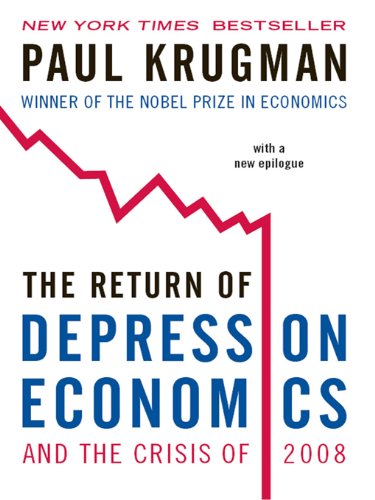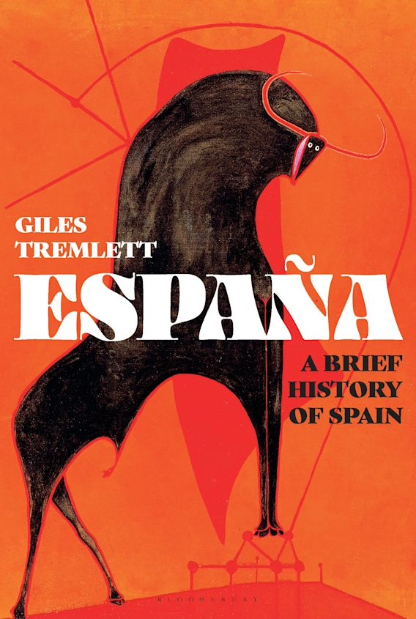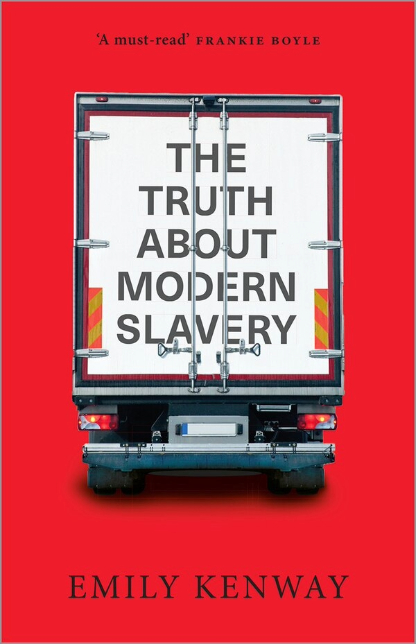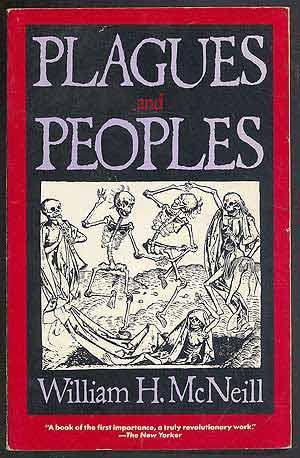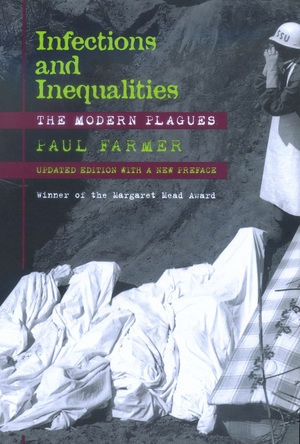Red Star Over the Third World, Vijay Prashad, Pluto Press, 2019, pp. 131, ISBN 978-0-7453-3966-5
Vijay Prashad, a historian and the Executive Director of the Tricontinental Institute for Social Research, has produced another book detailing the trials and tribulations of the Third World, albeit with a more hopeful and romantic streak.
In The Darker Nations (The New Press, 2007), Prashad traced the intellectual origins of the Third World project, whose leaders sought dignities and necessities of life and imbued their countries and various organizations with a dream of a new world. Bursting onto the world scene at the height of the Cold War, these countries found themselves wedged between two great powers, the US and the Soviet Union. Valuing unity over a clear ideological path, the Third World came with a “built-in flaw,” which eventually led to its demise in the 1970s. Then in The Poorer Nations (Verso, 2013), Prashad continued where he left off and analyzed the rise and consolidation of the Atlantic Project that sought to cement neoliberal ideology and extend it beyond the borders of the G7. Throughout his career, Prashad has focused his work on the downtrodden and sought to give a platform to the voices that often remained silenced. In Red Star Over the Third World, Prashad provides a descriptive analysis of the ideological power the Russian Revolution of 1917 had in the Global South. He tells the story of the spread of an idea that advocated for the liberation of the masses and the establishment of a just and humane society, in stark opposition to the autocratic governments of the day. In the actions of the Bolsheviks and the structure and actions of the Communist Party of the USSR, the Global South found a guiding star for their overthrow of the oppressors.
The central story of the book is that of the Russian Revolution itself. Prashad carefully curates the narrative to portray the emotional intensity the revolution had on women, workers and peasants. He omits tedious details and focuses on the aspirations that motivated people to rise. In turn, successes in Russia inspired change throughout the world. The Indian National Congress adopted the demands of its peasant base in 1919, with Nehru stating that Lenin influenced their actions. Mao and Ho Chi Minh would credit their political awakening to the Revolution, and compare their actions to those of the Bolsheviks. Workers in as disparate places as Mexico and Indonesia were inspired to revolt and demand the impossible.
Other parties and leaders had to adapt themselves to the conditions within which they operated and in that sense, aspired to the ideals more so than to replicate the specifics. This, for example, allowed the Communist Party of Indonesia to stand by ‘Stalin’ and denounce the callousness of the purges. ‘Polycentric communism,’ which called for, in the words of Palmiro Togliatti, “national roads to socialism,” would eventually collapse following the demise of the USSR, with many left-wing radical parties abandoning their revolutionary commitments and sliding into the fold of social democracy, or altogether dismantling. Others mistook, as Prashad says, “tactics of armed revolution, for the strategy of violence.” The remnants of the latter are evident in the path chosen by groups such as Sandero Luminoso in Peru.
As Prashad shows, it wasn’t just political leaders, but also writers who were inspired by the Revolution. Throughout his book, Prashad quotes various poets and novelists through who he showcases the emotional intensity and impatience of a generation yearning for freedom. Literary forums, newspapers, and associations spread, and poets of the Vladimir Mayakovsky ilk emerged. They sensed the transformation of the society they were living through in their countries and articulated it in their art and enlivened their audience, consisting of workers and peasants, rather than the aristocrats.
Despite the brief 70-year life span of the USSR, the Russian revolution continues to inspire radicals who reference its successes in their continued struggle to build a better world. In that sense, Prashad is right. The memory of the Russian Revolution lives on.
